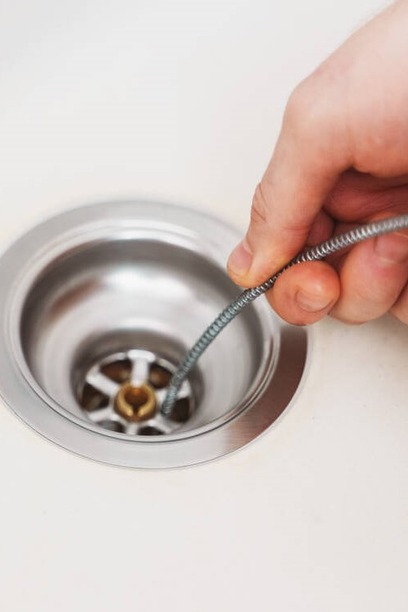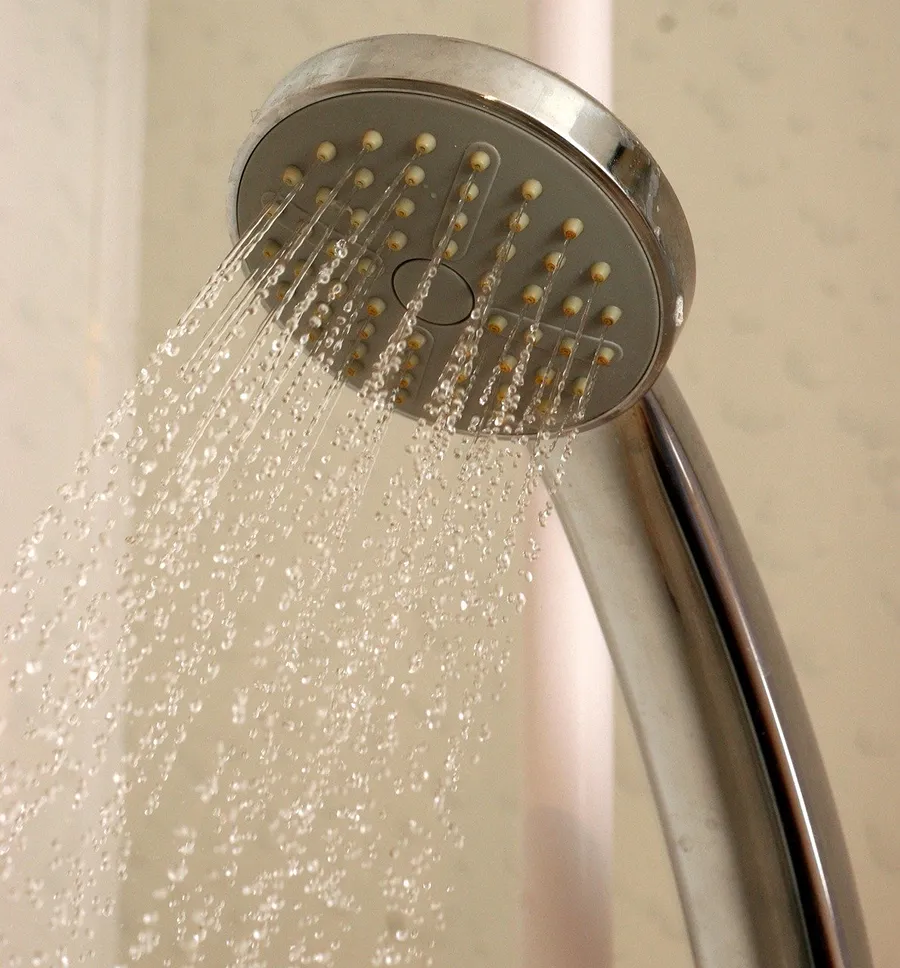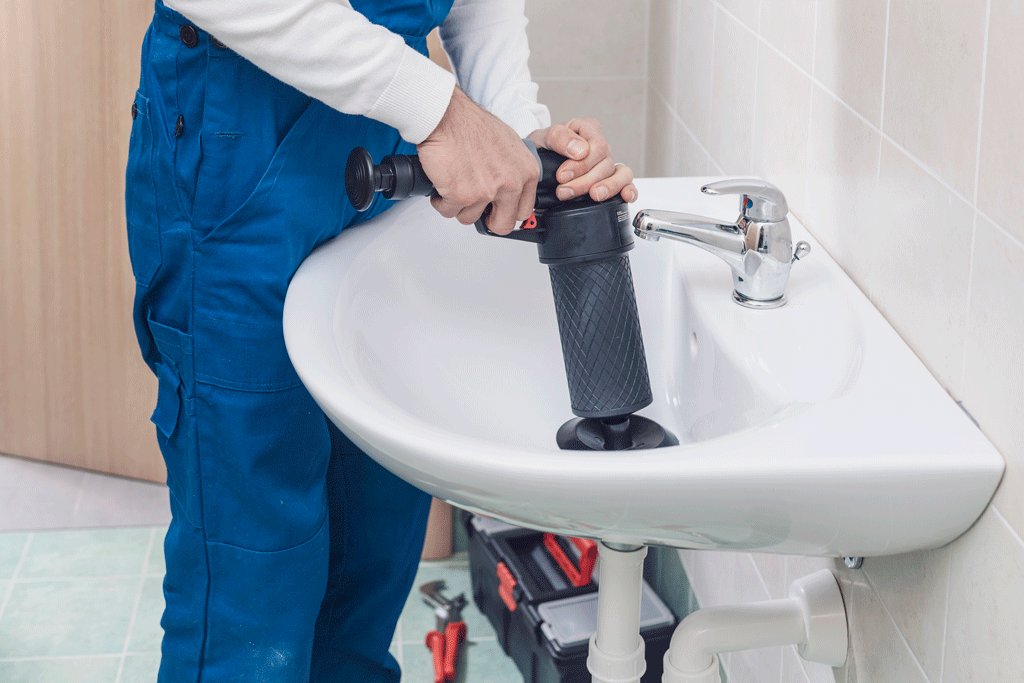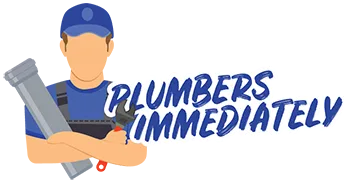Are you dealing with the frustrating issue of a blocked drain? You’re not alone. Blocked drains are a common household problem that can disrupt your daily routine and potentially lead to more serious plumbing issues if left unaddressed. Whether it’s a slow-draining sink, a clogged shower or a clogged toilet, understanding how to clear blocked drains can save you time, money and headaches.
In this How To Guide, we’ll explore various methods to clear blocked drains, from simple DIY solutions to professional techniques. We’ll also discuss prevention strategies to help you avoid future blockages. Whether you’re a homeowner looking to fix the problem yourself or considering when to call in the professionals, this article has got you covered.
Table of Contents
DIY Drain Clearing Methods
Before calling a professional, there are several DIY methods you can try to clear your blocked drains. These techniques are often effective for minor blockages and can be performed using common household items.
01
DIY Drain Clean
01
DIY Drain Clean
Boiling Water
Drain Cleaning Method
One of the simplest ways to clear a blocked drain is by using boiling water. This method is particularly effective for grease buildups and soap scum.
How it works:
- Boil a large pot of water.
- Carefully pour the boiling water directly into the drain in stages, allowing each pour to work for a few seconds before the next.
- Flush with cold water to check if the blockage has cleared.
Limitations: This method may not be suitable for PVC pipes, as extremely hot water can damage or warp them. It’s also less effective for severe blockages or those caused by solid objects.

02
baking soda and vinegar
02
baking soda and vinegar
Baking Soda And Vinegar
Drain Cleaning
This natural, environmentally friendly method can be highly effective for minor to moderate blockages.
Steps:
- Pour 1/2 cup of baking soda down the drain.
- Follow immediately with 1/2 cup of white vinegar.
- Cover the drain with a plug or rag to contain the reaction.
- Wait 15-30 minutes.
- Flush with hot water.
The chemical reaction between baking soda and vinegar can help break down organic matter and clear the blockage.

03
Plunger Drain Cleaning
03
Plunger Drain Cleaning
How To Use A Plunger
plunger Drain Cleaning
A plunger is a versatile tool that can be used on various types of drains.
How to use:
- Ensure there’s enough water to cover the plunger’s head.
- Create a seal around the drain with the plunger.
- Pump vigorously up and down for about 20 seconds.
- Check if the water drains. If not, repeat the process.
Plungers work best on sink, shower and bathtub drains. For toilets, use a specialised toilet plunger for better results.

04
Snake Drain Cleaning
04
Snake Drain Cleaning
Drain Snake
drain plumber snake
A drain snake, also known as a plumber’s auger, is a flexible tool that can reach deep into pipes to remove or break up blockages.
Steps:
- Insert the end of the snake into the drain opening.
- Gently push it further while turning the handle.
- When you feel resistance, continue turning to break up the clog.
- Slowly pull the snake back out.
- Flush the drain with hot water.
Drain snakes are particularly useful for removing hair clogs and other solid obstructions.

05
Drain Unblocker
05
Drain Unblocker
Chemical Drain Cleaners
drain pipe cleaner
While effective, chemical drain cleaners should be used cautiously due to their potential environmental impact and the risk of pipe damage.
Usage:
- Read and follow the manufacturer’s instructions carefully.
- Pour the recommended amount into the drain.
- Wait for the specified time (usually 15-30 minutes).
- Flush with plenty of water.
Safety precautions: Wear gloves and eye protection, ensure good ventilation, and never mix different chemical cleaners.

Professional Drain Cleaning
While DIY methods can be effective for minor blockages, some situations require professional intervention. Here’s when you should consider calling a professional plumber or drain service:
- Recurring drain problems
- Multiple clogged drains
- Foul odors coming from drains
- Visible water damage
- Slow draining in multiple fixtures
Professional plumbers have access to specialized tools and techniques that can tackle even the most stubborn blockages:
1. Hydro-Jetting
This method uses high-pressure water to clear blockages and clean pipe walls. It’s effective for severe clogs and can also remove tree roots that have infiltrated the pipes.
2. Camera Inspection
Plumbers can use specialized cameras to inspect the inside of your pipes, identifying the exact location and nature of the blockage or any pipe damage.
3. Sewer Rodding
Similar to a drain snake but more powerful, sewer rodding equipment can clear blockages in main sewer lines.
DIY Drain Cleaning vs. Professional Service
- Cost-effective for minor clogs
- Immediate action possible
- No need to schedule appointments
- Risk of damaging pipes if done incorrectly
- May not solve underlying issues
- Time-consuming for severe blockages
- Expertise in handling complex issues
- Access to advanced equipment
- Can identify and fix underlying problems
- Higher cost
- May require scheduling and waiting for service
DIY Pros | DIY Cons | Professional Pros | Professional Cons |
|---|---|---|---|
Cost-effective for minor clogs |
Risk of damaging pipes if done incorrectly |
Expertise in handling complex issues |
Higher cost |
Immediate action possible |
May not solve underlying issues |
Access to advanced equipment |
May require scheduling and waiting for service |
No need to schedule appointments |
Time-consuming for severe blockages |
Can identify and fix underlying problems |
Prevention Tips
Preventing blocked drains is often easier and more cost-effective than dealing with clogs. Here are some tips to keep your drains flowing freely:
- Use drain screens: Install screens or strainers in sinks and showers to catch hair and debris before they enter the drain.
- Regular cleaning: Pour a mixture of baking soda and vinegar down drains monthly, followed by hot water, to keep them clean.
- Proper disposal: Never pour grease, oil, or coffee grounds down the drain. Dispose of these items in the trash.
- Be mindful of what goes down: Only flush toilet paper in toilets. Avoid flushing wipes, even those labeled “flushable.”
- Regular professional maintenance: Consider having your drains professionally cleaned annually to prevent buildup.
By following these prevention tips and knowing how to address blockages when they occur, you can maintain healthy, functioning drains in your home. Remember, while DIY methods can be effective for minor issues, don’t hesitate to call a professional for persistent or severe drain problems. Your plumbing system is a crucial part of your home and proper care can prevent costly repairs down the line.
Unblocking Drains
While the DIY methods discussed earlier can be effective for minor blockages, different types of drains often require specialised approaches. Here’s an overview of our tips & hacks for diferent draiange issues as well as professional drain cleaning services.

Toilet Drain Blocked
Toilet clogs are common household issues that can cause significant inconvenience. They often result from flushing inappropriate items or using excessive toilet paper. Addressing toilet clogs promptly is crucial to prevent overflow and potential water damage to your bathroom floor.
For toilet-specific unclogging tips and tricks.
Bath Drains
Bath and shower drains frequently encounter issues with hair and soap scum buildup. Over time, these substances can accumulate and form stubborn clogs, leading to slow drainage or complete blockages. The warm, moist environment of bathrooms can also contribute to the problem by promoting bacterial growth. Regular maintenance and proper cleaning techniques are essential for keeping these drains functioning optimally.
Discover effective methods for clearing bath and shower drains.


Sink Drain
Sink drains, both in kitchens and bathrooms, face unique challenges. Kitchen sinks often deal with food particles, grease and oil, which can create tenacious blockages. Bathroom sinks typically contend with soap residue, toothpaste, and hair. Understanding the specific causes of sink clogs is key to effective prevention and treatment.
Learn about sink-specific drain cleaning techniques
Washing Machine and Appliance Drains
Appliance drains, particularly those for washing machines and dishwashers, handle a variety of potential clog-causing materials. Lint, detergent residue and small clothing fibers can build up in washing machine drains. Dishwashers may struggle with food particles and grease. These hidden drains often connect to main plumbing lines, making maintenance crucial to prevent widespread issues in your home’s plumbing system.
For appliance drain maintenance tips and tricks

Closing Thoughts
We hope this guide provides you with a good starting point for dealing with blocked drains in your home. The DIY methods mentioned earlier in this post, combined with the specific tips you can find through the links above, can often resolve minor drainage issues and help maintain clear pipes.
However, it’s important to remember that while these DIY solutions can be effective for minor clogs and routine maintenance, they might not always be sufficient for more severe or persistent blockages. In such cases, or if you’re uncomfortable performing these tasks yourself, we always recommend seeking professional care for the health and longevity of your plumbing system.
If you find that DIY methods don’t resolve your drain issues, or if you’re dealing with recurring blockages, it’s time to give us a call. Our team of experienced professionals is equipped with advanced tools and techniques to handle even the most stubborn drain problems safely and effectively.
Remember, attempting to clear severe blockages on your own can sometimes lead to unintended damage to your pipes. When in doubt, it’s always better to consult with a professional. We’re here to ensure your drains stay clear and your plumbing system remains in top condition. Don’t hesitate to reach out – we’re just a phone call away!
Contact us now for professional drain cleaning services
By following prevention tips, trying appropriate DIY methods for minor issues, and knowing when to call in the experts, you can maintain healthy, functioning drains in your home. Your plumbing system is a crucial part of your home, and proper care can prevent costly repairs down the line. Trust in these methods for minor issues, but remember we’re here to help when you need professional assistance to keep your drains flowing freely!

